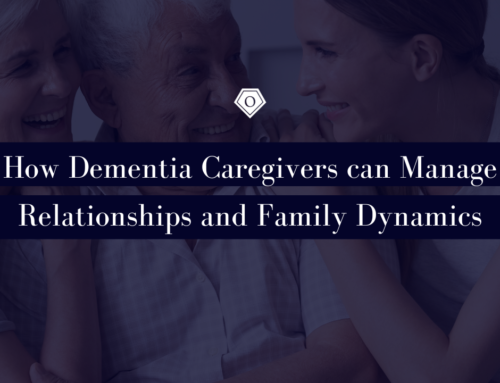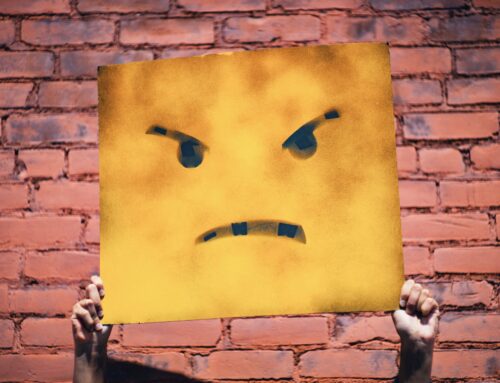Kidneys are important organs that filter waste products, excess water and other impurities out of the blood. They are the size of a fist and located at the bottom of the rib cage on either side of the spine. Kidneys remove waste from your blood through urine.
59% of Americans will at some point have moderate kidney disease. Kidney disease occurs when kidneys are damaged and can lead to high blood pressure, weak bones, nerve damage and poor nutritional health. Illnesses such as high blood pressure and diabetes along with many other chronic problems can cause kidney disease.
According to the AARP, symptoms of kidney disease include:
- Fatigue
- Trouble concentrating
- Poor appetite
- Problems sleeping
- Muscle cramping
- Swollen feet/ankles
- Puffiness around eyes in morning
- Dry, scaly skin
- Increased urination, especially during the late evening
Severe symptoms may include:
- Nausea
- Vomiting
- Loss of appetite
- Changes in urine output
- Fluid retention
- Anemia
- Decreased sex drive
- Sudden rise in potassium levels
- Decreased immune response
- Inflammation of sac around heart
How to prevent kidney disease:
- Control Blood Pressure
Reducing salt intake and quitting smoking can drastically reduce blood pressure.
- Control Blood Sugar
High blood sugar damages blood vessels in the kidneys and the rest of the body.
- Be Careful with Over-The-Counter Drugs
Follow instructions carefully. Too much aspirin or ibuprofen can cause kidney damage.
- Get Tested
Ask your doctor about a blood test for kidney problems if you have been experiencing any of the symptoms mentioned above.
- Drink Plenty of Water
Dehydration can cause kidney damage.
- Limit Certain Foods
Excess sodium, animal protein and citric acid found in fruit can all contribute to kidney damage.
- Ask About Calcium
Always consult your doctor before taking supplements. Calcium can be a contribute to kidney stones.
If you or a loved one is looking for additional support managing kidney disease contact our team. Home care may be the next step.






